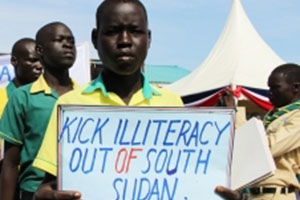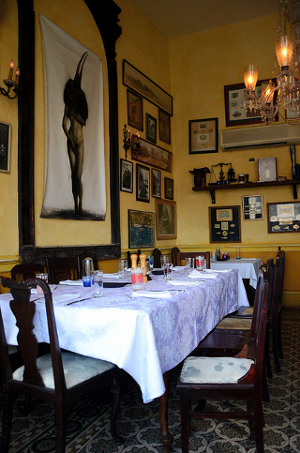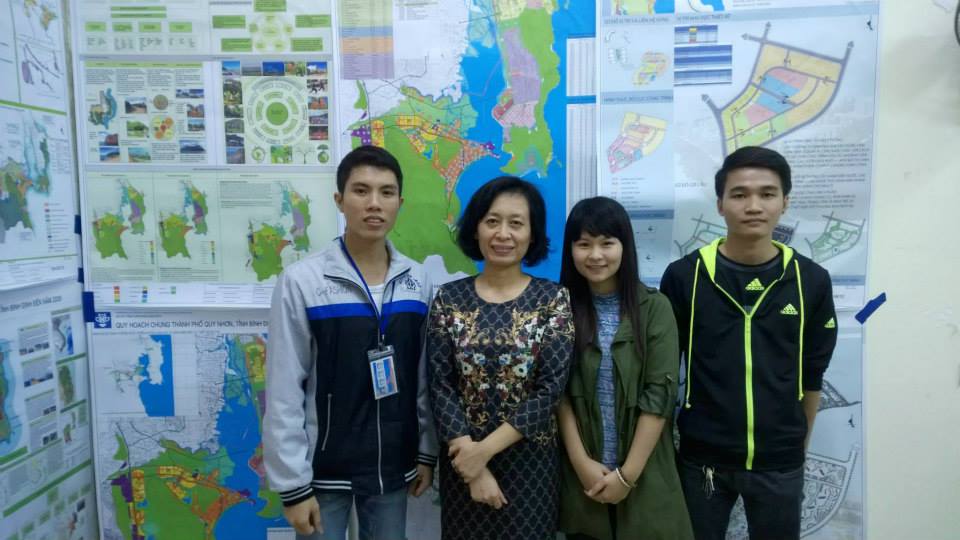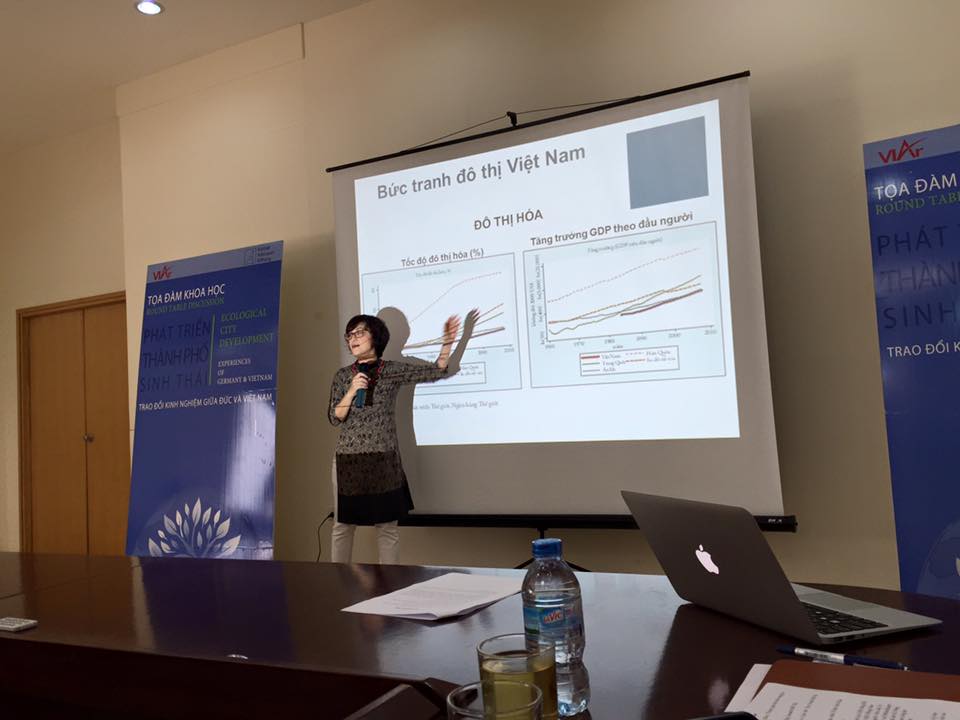September 2015

Kicking illiteracy out of South Sudan
September 30, 2015
JUBA, Central Equatoria, South Sudan (September 2015) — The boy stood at the microphone reading the story of two kids and a lost ball. Confidence amplified his words as he loudly and clearly enunciated every word. Relishing the moment—with an audience captivated by the performance—Samuel Pitia David seemed energized by the buzzing crowd as they laughed […]
Cuba’s tasty transformation: los paladares
September 28, 2015
By Bikash Pandey HAVANA (September 28, 2015) — The word of the day is paladares. These popular eating places used to be, literally, in peoples’ homes when they were first legalized starting in the early 1990s, as part of Cuba’s reluctant opening up in response to the economic crisis post-USSR. As an alternative to government […]
Winrock Names Joyjit Deb Roy Senior Vice President of Programs
September 28, 2015
ARLINGTON, Va. (September 28, 2015) — Winrock International announced today that Joyjit Deb Roy has been named the organization’s new Senior Vice President of Programs. Deb Roy will lead program implementation for the organization, which is responsible for more than 200 development projects in 50 countries across the globe. “Winrock is delighted to welcome a […]
Dr. Luong Tú Quyên
September 21, 2015
This portrait is part of the Vietnam Clean Energy Program’s series on female leaders in the Vietnamese construction sector, featuring women who have made strides in this male-dominated field, coming from diverse backgrounds and with different interests, but bound together by the common themes of a strong work ethic, love of country, a strong belief […]
Tran Thi Tuan Anh: Inspiring Generations of Students
September 21, 2015
This portrait is part of the Vietnam Clean Energy Program’s series on women champions in the Vietnamese construction sector, featuring women who have made strides in this male-dominated field, coming from diverse backgrounds and with different interests, but bound together by the common themes of a strong work ethic, love of country, a strong belief […]
South Sudan Tragedy
September 18, 2015
We send our deepest condolences to friends, colleagues and partners in South Sudan affected by the recent fuel tanker explosion near Maridi in Western Equatoria State. Tragically, Winrock staff members, working on a community-based education project, lost family in the incident. Our thoughts and prayers are with the victims, their families, and all those affected […]
Pham Thuy Loan
September 5, 2015
This portrait is part of the Vietnam Clean Energy Program’s series on female leaders in the Vietnamese construction sector, featuring women who have made strides in this male-dominated field, coming from diverse backgrounds and with different interests, but bound together by the common themes of a strong work ethic, love of country, a strong belief […]